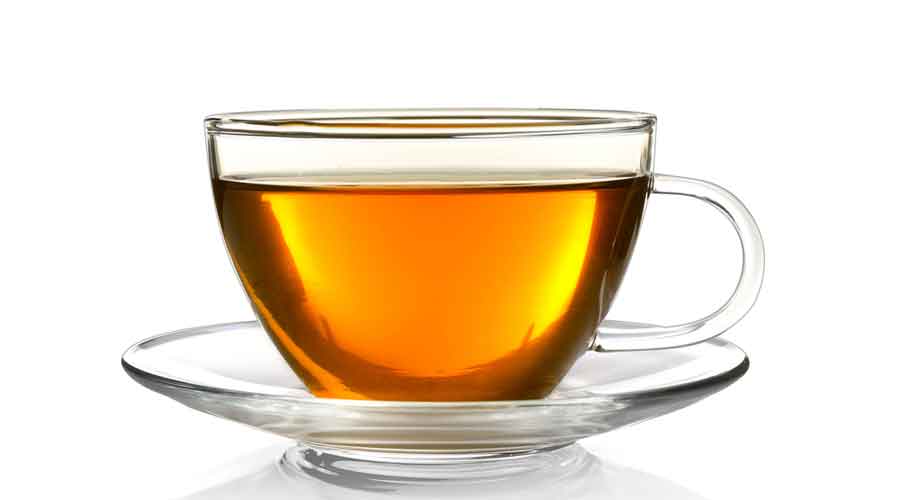Fear of affecting the brand image of the Indian brew and causing health hazards brings about a welcome change

The Tea Board of India has directed tea producers and merchandisers to not add extra colour to any form of tea made in India and sold in domestic or international markets.
Tea Board secretary Rishikesh Rai said in the September 3 directive that according to the Food Safety & Standards Authority of India (FSSAI) regulations of 2011, tea should be free from any extraneous matter, added colours and harmful substances.
The Tea Marketing Control Order (TMCO) of 2003 also states that the tea should conform to FSSAI specifications.
“The Tea Board has come across instances in recent past where artificial colours are mixed with tea, instant tea and iced tea. As Indian teas from different places of the country have their own distinct quality and aroma, these have strong demand in international markets. Any addition of colour can affect the brand image of Indian teas and cause health hazards for tea drinkers,” said a source in the Tea Board.
That is why tea producers, packers and sellers have been asked to not mix artificial/ synthetic colour in tea, the source added.
In the directive, the board has also said any violation of guidelines could lead to suspension or cancellation of licenses issued to those who sell the brew in domestic and international markets.
Tea industry stakeholders have welcomed the initiative.
This is necessary to ensure that anyone drinking Indian teas, whether orthodox teas of Darjeeling and Assam or the CTC teas of Terai and the Dooars, enjoys natural flavours. Authentic brews will eventually help the industry to grow and improve its overseas markets,” said Bijoygopal Chakraborty, president, Confederation of Indian Small Tea Growers’ Association (Cista).
In recent times, this is the second such missive from the Tea Board aimed to protect the quality and uniqueness of Indian teas. Earlier, the Board had come up with specific announcements to prevent illegal selling of imported teas in the country and stop the re-export of such teas as Indian teas.
